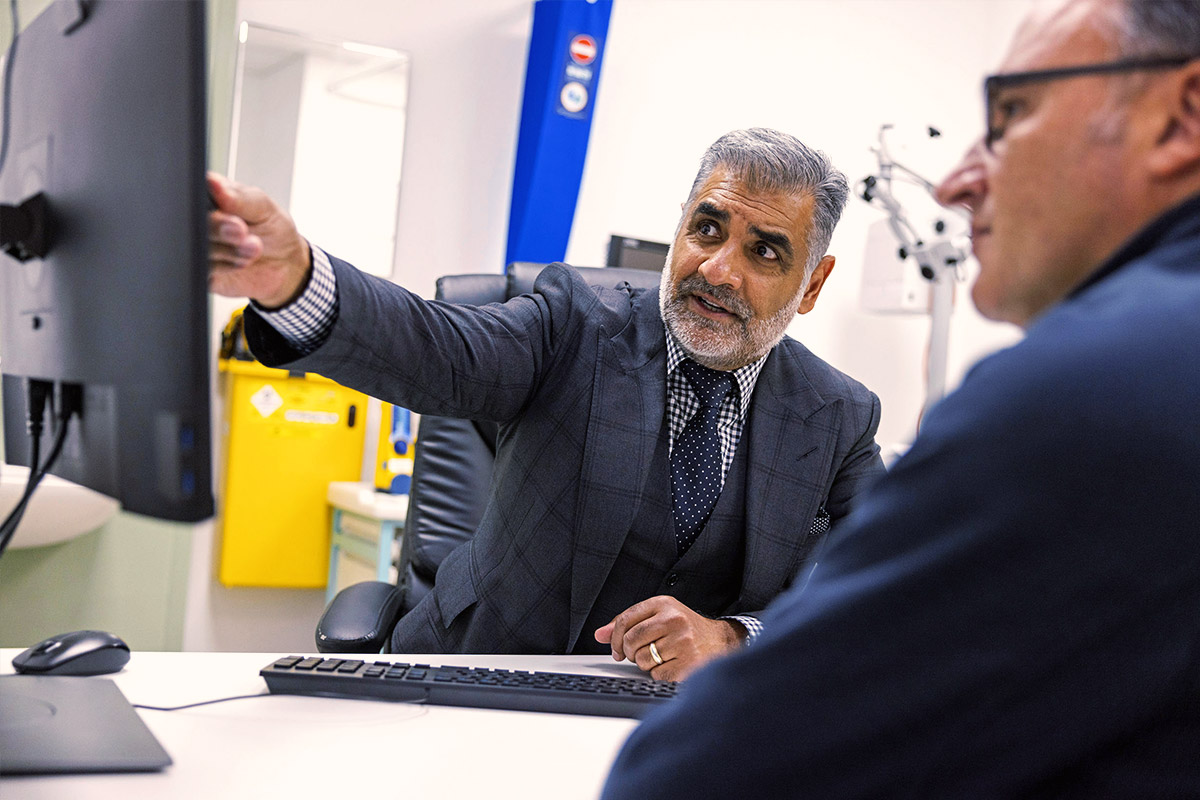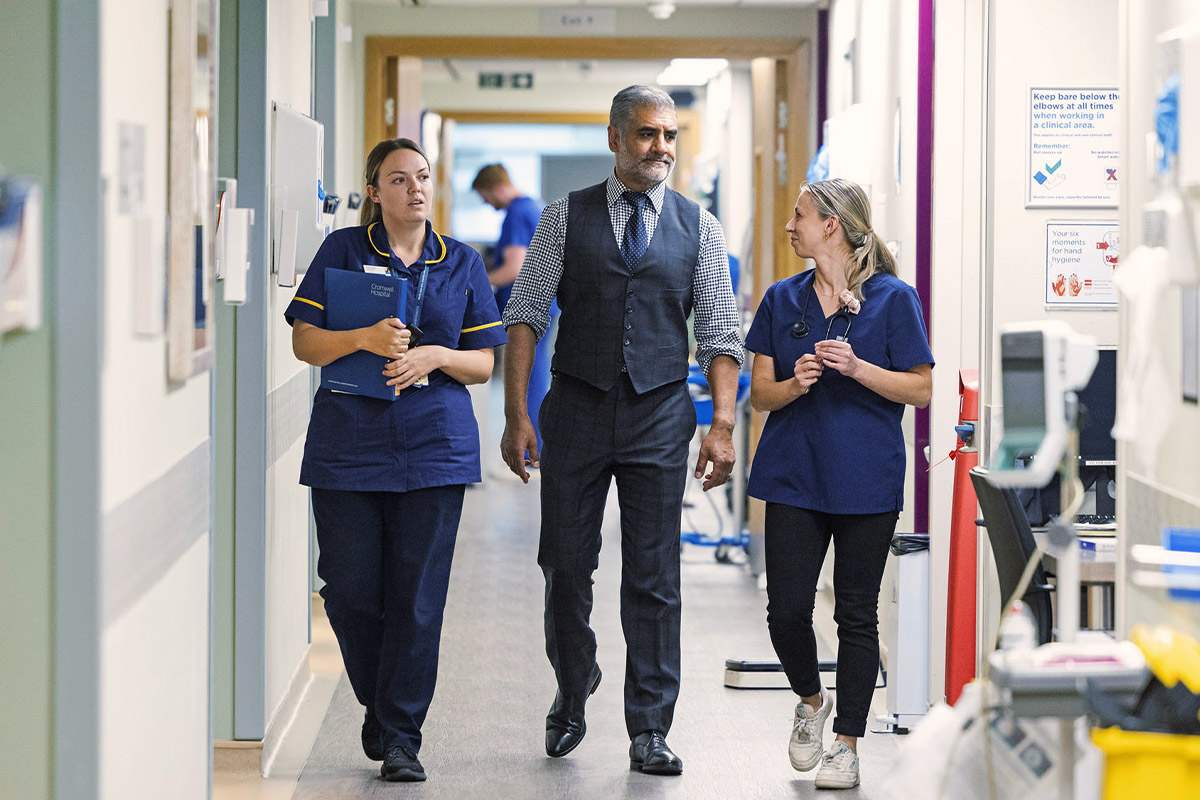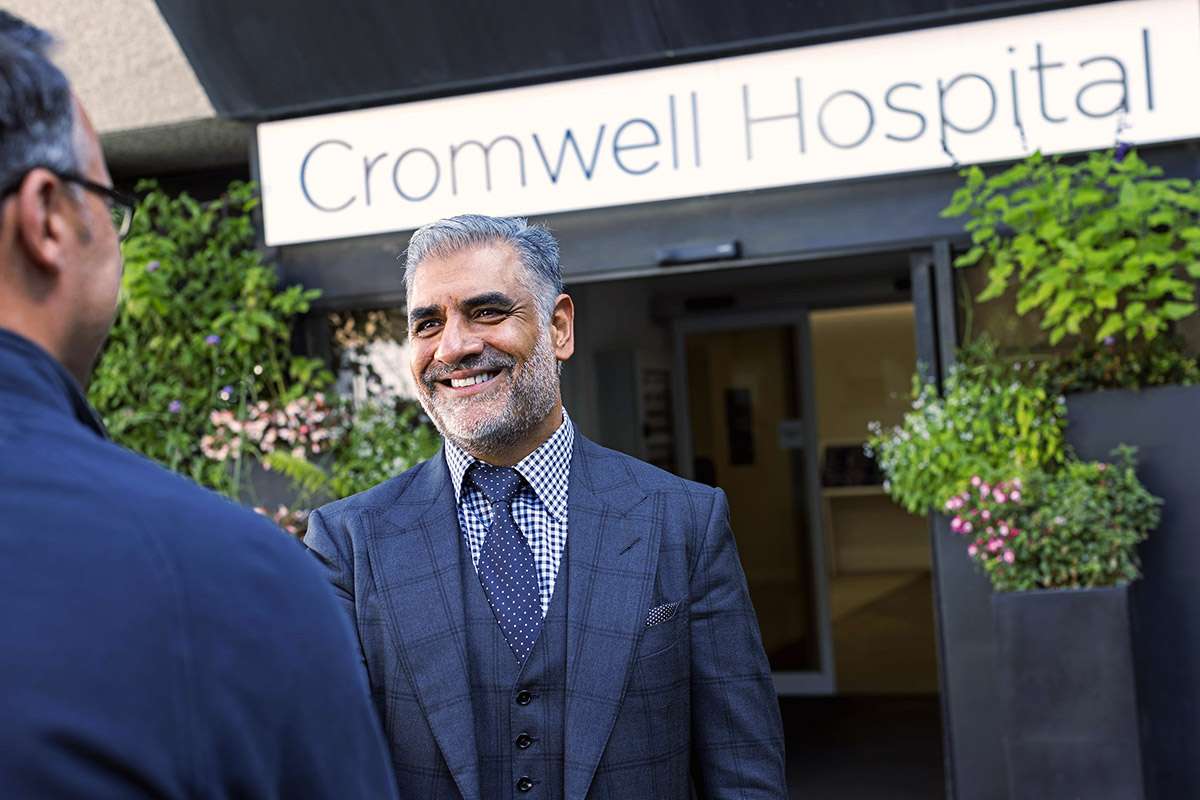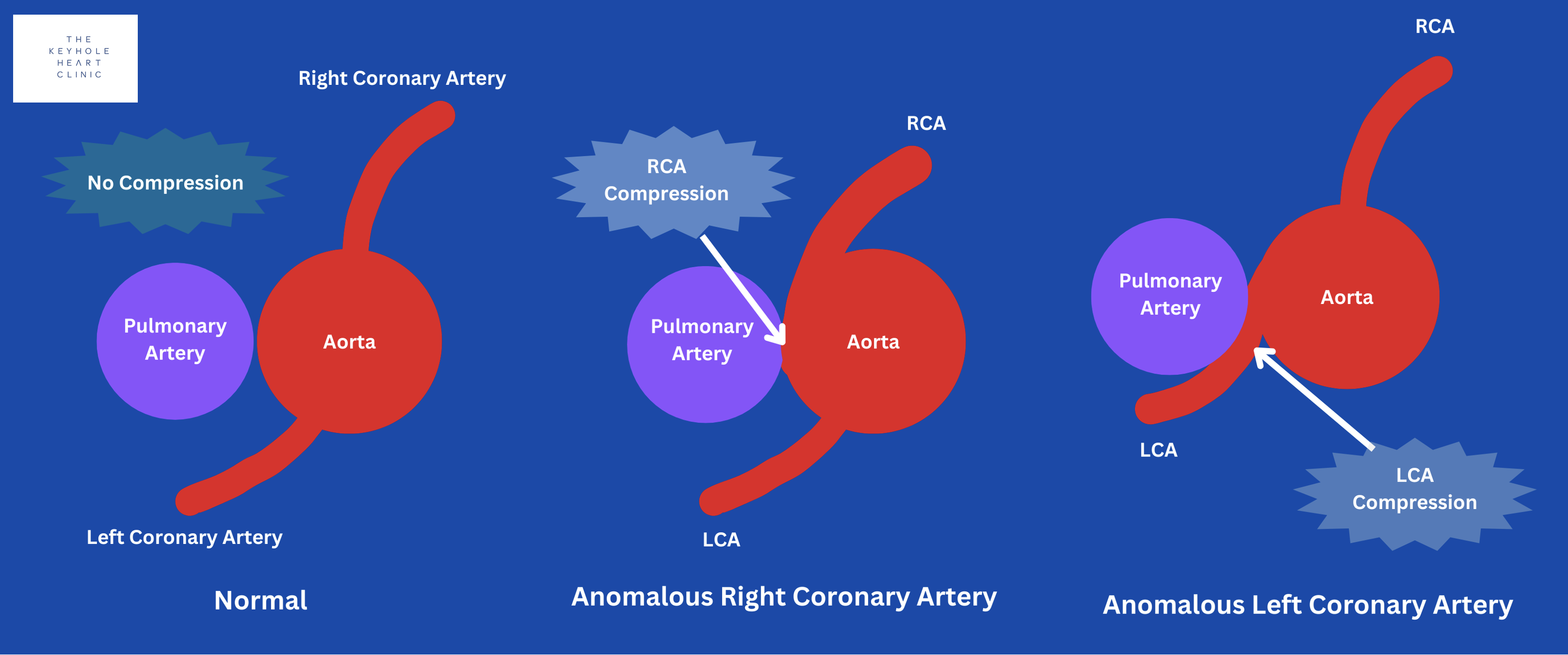Mitral Valve Disease
Read MoreASSOCIATED CONDITIONS
Where is the Mitral Valve?
The mitral valve is located between the left atrium and left ventricle of the heart. It is usually made up of two flaps, called the anterior and posterior leaflets. Oxygen rich blood flows into the left atrium from the pulmonary veins, and when this fills with blood, the mitral valve opens up. This allows blood to flow to the left ventricle. However, this doesn’t always happen naturally – the mitral valve can have multiple problems, that can unfortunately lead to a few different types of mitral valve disease.
The Different Types of Mitral Valve Disorder
One mitral valve disorder is mitral stenosis. This occurs when the mitral valve becomes rigid, and it becomes narrow. The abnormal valve doesn’t open properly, which then blocks the blood trying to flow into the main chamber of the heart. Additionally, mitral regurgitation is an issue affecting the mitral valve. The strings that prevent the leaflets from opening the wrong way can either elongate or rupture, producing mitral regurgitation.
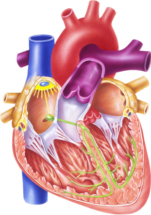
What Mitral Valve Disorder Symptoms Should I Be Aware Of?
In the case of mitral stenosis, the mitral valve disease symptoms are tiredness and shortness of breath. Additional mitral stenosis and mitral valve disorder symptoms are swollen feet and legs, heart palpitations, chest pain and dizziness. If you are experiencing these symptoms you should consult a doctor as soon as possible. If you are experiencing mitral regurgitation, the symptoms are often shortness of breath and light-headedness, coughing and heart palpitations. Swollen feet and an excessive need to urinate are also potential symptoms. As you can see, the mitral valve disorder symptoms – for both mitral valve stenosis and regurgitation – are similar in some respects, so talking to a doctor as soon as possible is the best course of action if you worry you may be suffering with any type of mitral valve disorder.
How Is Mitral Valve Disorder Treated?
If the type of mitral valve disease you’re suffering from is mitral valve regurgitation, treatment normally depends on the severity of the condition, and how your doctor thinks it might progress. Usually, if it is mild, treatment may not be necessary. However, for severe regurgitation you may need treatment and heart surgery in order to repair or replace the faulty valve, as if it is left untreated, it may cause heart problems and failure in the future. The best way to gage the right mitral valve disease treatment for you is to see a specialist as soon as possible, as catching and treating it early may be more beneficial in the long term. If you’re suffering from mitral valve stenosis, again, you may not need surgery or treatment right away – but it’s always best to talk to a doctor as soon as possible, in order to ‘catch’ a diagnosis early.
While no medication can cure mitral valve stenosis, many medications can reduce the symptoms, such as certain diuretics, blood thinners and beta-blockers. Should your case be severe, your doctor may recommend you for a mitral valve repair or replacement.
Talk to The Keyhole Heart Clinic About Mitral Valve Disease
If you would like to speak to one of our friendly London heart clinic experts about anything to do with mitral valve disease, we’re here to answer any of your questions. Simply get in touch with us here, we would love to hear from you!
Services
How We Can Help You



